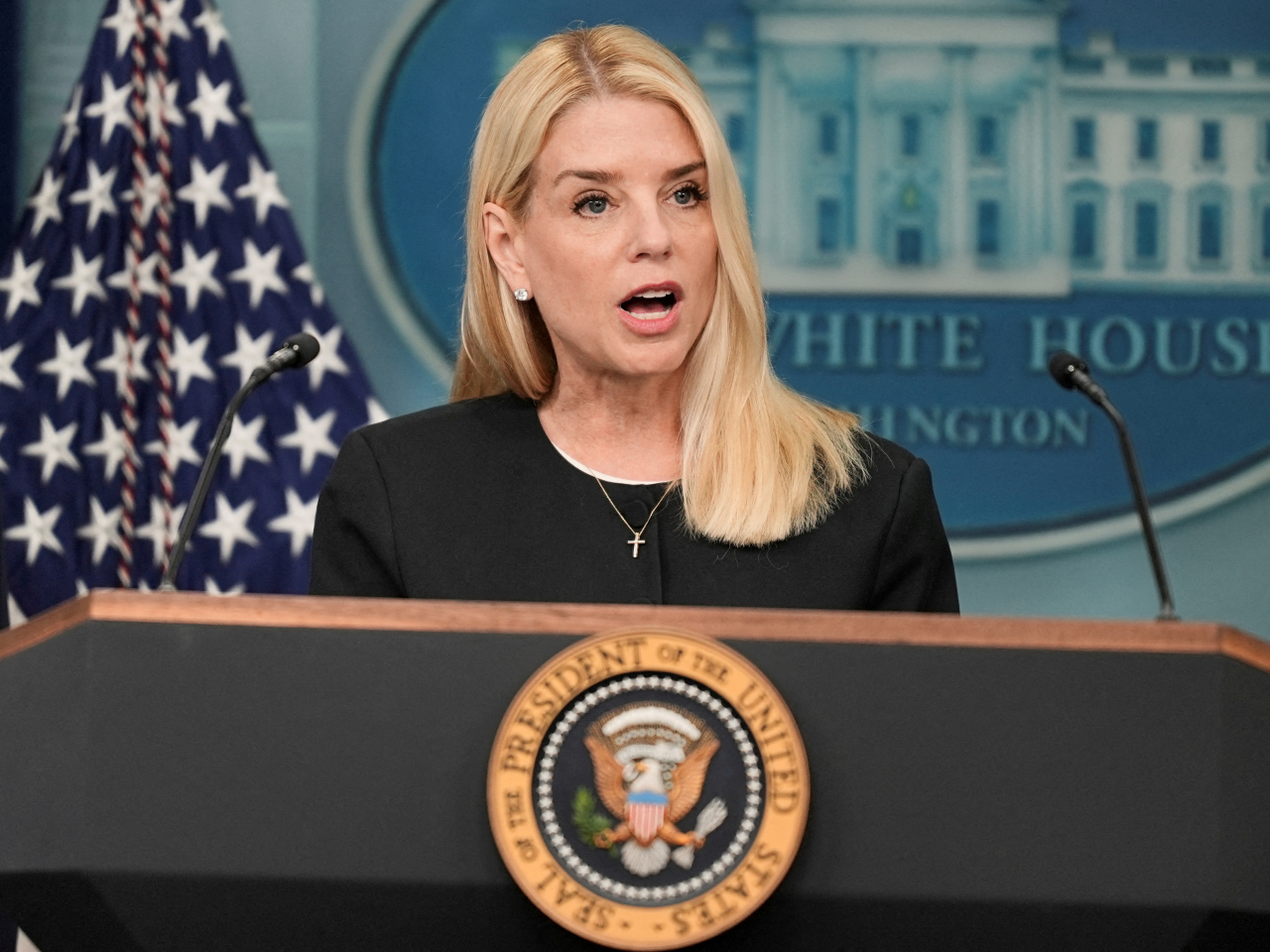US President Donald Trump's administration has asked the Supreme Court to review the legality of his bid to limit birthright citizenship in the United States, teeing up a major test of one of his most contentious policies that could alter how the US Constitution has long been understood on the subject.
The Justice Department led by Pam Bondi filed two appeals of lower court rulings that blocked Trump's executive order, which the Republican president signed on his first day back in office in January as a key part of his hardline approach towards immigration.
"The lower court's decisions invalidated a policy of prime importance to the president and his administration in a manner that undermines our border security. Those decisions confer, without lawful justification, the privilege of American citizenship on hundreds of thousands of unqualified people," it wrote in the appeals and asking the court to take up and resolve the case in its new term, which begins on October 6.
Trump's executive order directed federal agencies to refuse to recognise the citizenship of children born in the United States who do not have at least one parent who is an American citizen or lawful permanent resident, also called a "green card" holder.
His action drew a series of lawsuits arguing among other things that the order violates a right enshrined in the Constitution's 14th Amendment that provides that anyone born in the United States is a citizen.
After multiple lower courts halted the order as unconstitutional, the administration took the disputes to the Supreme Court in an effort to challenge the power of federal judges to issue so-called "universal" injunctions preventing presidential policies from applying against anyone, anywhere. That action led the court, which has a 6-3 conservative majority, to issue a landmark ruling in June blunting the power of judges.
But that ruling left open the possibility for courts to grant broad relief to states or to individual plaintiffs through class action lawsuits.
Two challenges to Trump's order are at issue in Friday's appeals. One was filed by the state of Washington and three other states, and the other by a group of individuals who sued in federal court in New Hampshire.
In July, the San Francisco-based 9th US Circuit Court of Appeals sided with the states, while US District Judge Joseph Laplante in Concord, New Hampshire, let the plaintiffs in that case proceed as a class, allowing Trump's order to be blocked nationally.
"This executive order is illegal – full stop – and no amount of manoeuvring from the administration is going to change that. We will continue to ensure that no baby's citizenship is ever stripped away by this cruel and senseless order," Cody Wofsy, an attorney for the New Hampshire plaintiffs, said on Friday.
The administration is asking the justices to hear the New Hampshire dispute even before a Boston-based federal appeals court has ruled in the case.
The 14th Amendment's citizenship clause states that all "persons born or naturalized in the United States, and subject to the jurisdiction thereof, are citizens of the United States and of the state wherein they reside." The 14th Amendment was ratified in 1868 in the aftermath of the Civil War of 1861-1865 that ended slavery in the United States.
The administration contends that the 14th Amendment, long understood to confer citizenship to virtually anyone born in the United States, does not extend to immigrants who are in the country illegally or even to immigrants whose presence is lawful but temporary, such as university students or those on work visas.
In Friday's filings, the Justice Department said that a policy of universal birthright citizenship "operates as a powerful incentive for illegal migration" and has "spawned an industry of modern 'birth tourism,' by which foreigners travel to the United States solely for the purpose of giving birth here."
Since Trump returned to office, his administration has repeatedly asked the Supreme Court to intervene on an emergency basis to implement his policies even as their legality is tested in court, after judges blocked them.
The Supreme Court has sided with the administration in nearly every case it has been asked to review – including several related to Trump's efforts to restrict migration and accelerate deportations. The latest decision favouring Trump came on Friday, when the court allowed him to withhold about US$4 billion in foreign aid authorised by Congress for the current fiscal year. (Reuters)





